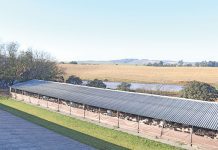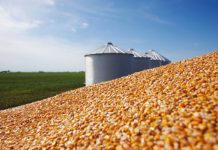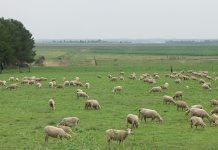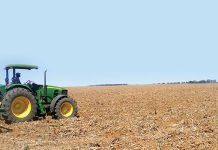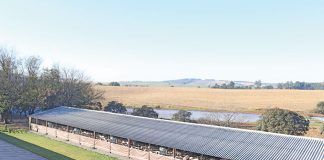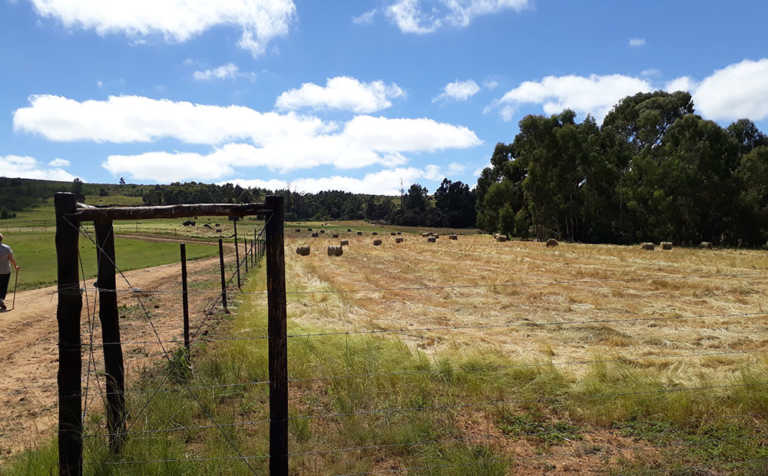
While the reasons why sufficient retirement provision vary for South Africans and may be a low priority for some, this article serves to highlight the challenges unique to farmers and provide possible solutions.
Unique challenges faced by farmers:
- It is often said farming is a way of life, not just a job. As a farmer, you may have most of your net worth tied up in land, leaving few liquid assets to invest towards retirement. While selling the land may create income for retirement, it can be emotionally difficult as the land may have been in the family for more than one generation.
- Farming tends to produce variable income due to factors such as weather conditions, market demand, commodity prices, government policies and insect and disease issues. This makes it difficult to contribute a set amount towards saving for retirement each year.
What is a retirement annuity?
A retirement annuity (RA) is a long-term savings vehicle that allows you to accumulate retirement capital that may be accessed from the age of 55. The retirement capital (two-thirds) is then invested to help provide you with an income after you retire.
Why an RA?
- Contributions are tax-deductible up to 27,5% of the higher of either your taxable income or total remuneration, up to a maximum of R350 000 per tax year.
- Lump sums at retirement are taxed according to a sliding scale and inclusive of a R500 000 (once off) amount taxed at 0%.
- RAs are protected against claims from creditors.
- RAs will not form part of your estate (with the exception of all un-deducted contributions made by a deceased person after 1 March 2015 that will be estate dutiable).
- The growth on retirement investments is also free of tax on interest, dividends and capital gains tax.
How much should you save?
- As a rule of thumb, you should save enough to ensure that your retirement savings can provide an income during your retirement years that’s between 70% and 75% of your final salary before retiring. A financial needs analysis is key.
- As farmers earn a variable income, you can opt for a flexible structured RA. Should you experience financial difficulty, you’ll be able to skip a few months (subject to the product rules). Some RAs also allow for top-up contributions.
Sale of land
If you have more than one child and one child is keen to farm/already farming, how do you transfer the farm to that child while being fair to the other child/children and still have enough money to fund your retirement? The answer lies in a Living Buy and Sell.
The farmer and child may enter into an agreement in terms of which the farmer agrees to increase the child’s salary increase on condition the increased amount is used as the premium for an endowment policy owned by the child.
The child should be given an increase that would cover the amount of the premium as well as any tax payable by the child as a result of the increase.
The child then agrees to sign a security cession in favour of the farmer to prevent the policy being surrendered. Upon maturity of the policy, the farmer agrees to cancel the security cession so that the lump sum is payable to the child for the purchase of the farm at the end of the specified term (usually years to retirement).
- Estate duty: The policy will be deemed property in the child’s estate whether the child dies before or after the security cession is cancelled and therefore may be subject to estate duty.
- Income tax: The farmer will be able to deduct the payment of the salary increase as a business expense. Upon surrender or maturity of the policy, the proceeds will pay out tax free to the child. There are no capital gains tax implications in the hands of the child.
End tips
- Get advice from an accredited financial advisor with a reputable company to help you choose your retirement solution.
- Your particular circumstances and needs must be taken into account.
- Planning for retirement is a life transition process and not a single event.
Disclaimer
The material is not intended as and does not constitute financial or any other advice. The material does not take into account your personal financial circumstances.
For this reason, it is recommended that you speak to an accredited broker or financial adviser to consider all your options and draw up a plan to achieve your financial goals.
You can also contact Koos Nel, Head of Old Mutual Agri via email [email protected].

